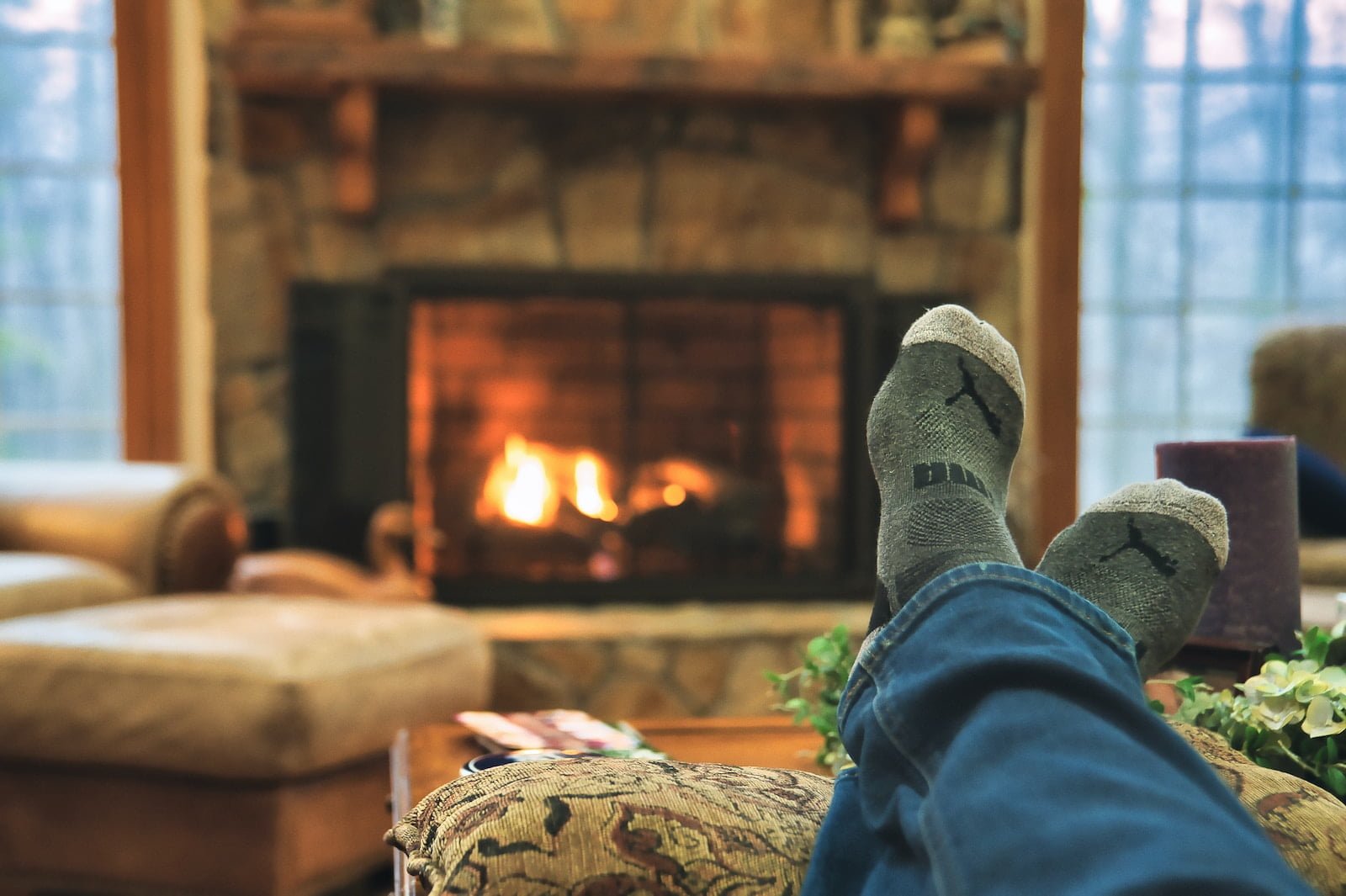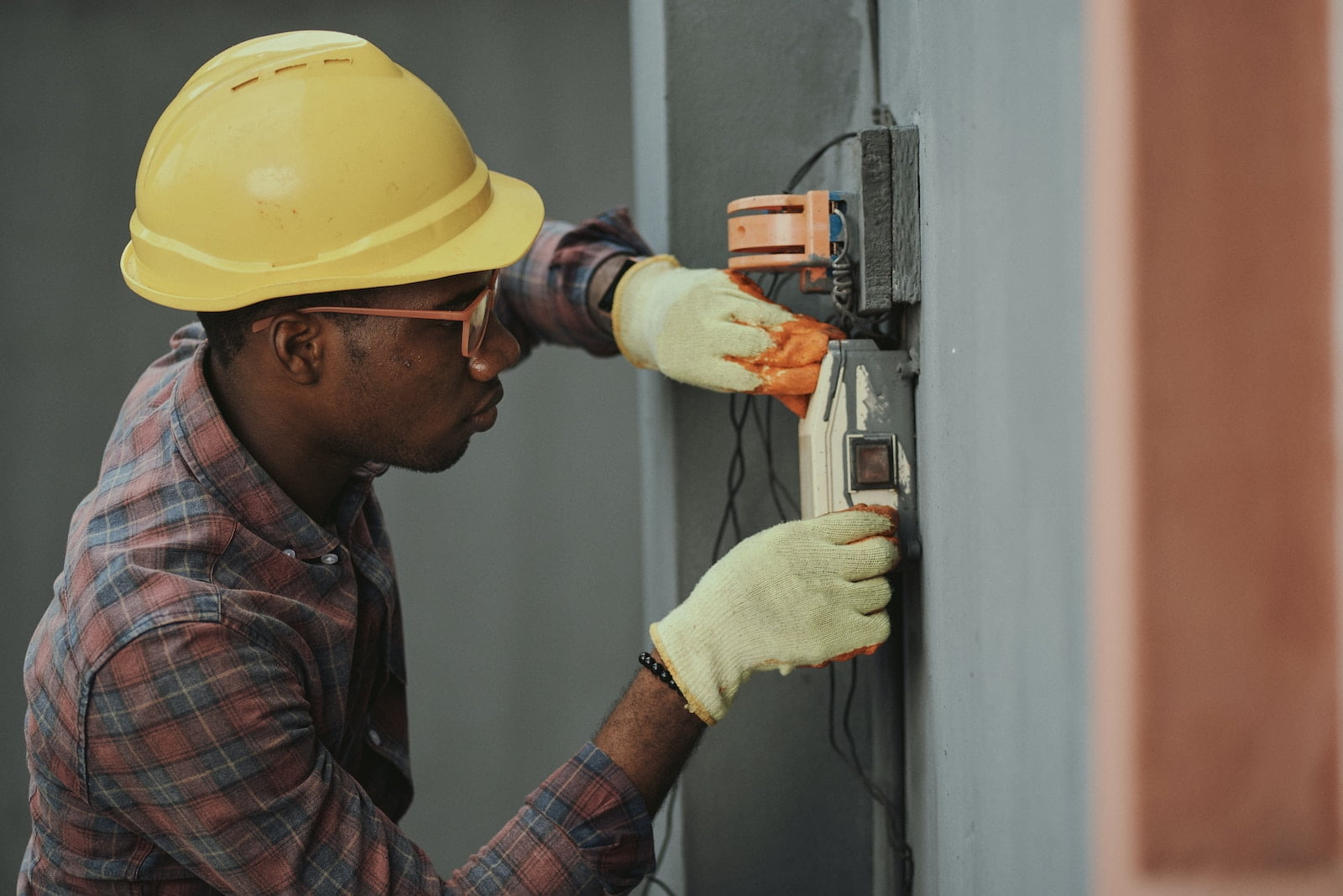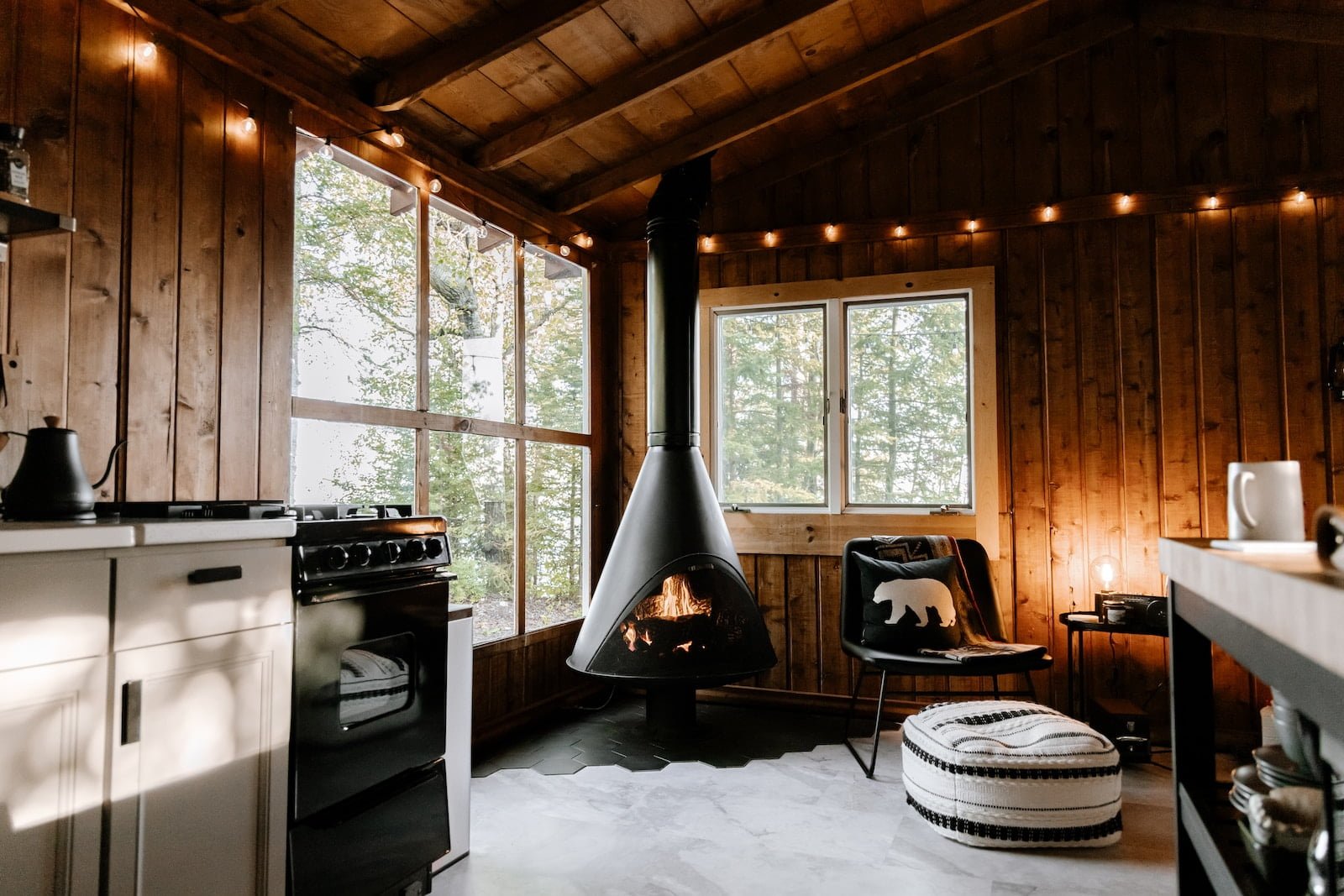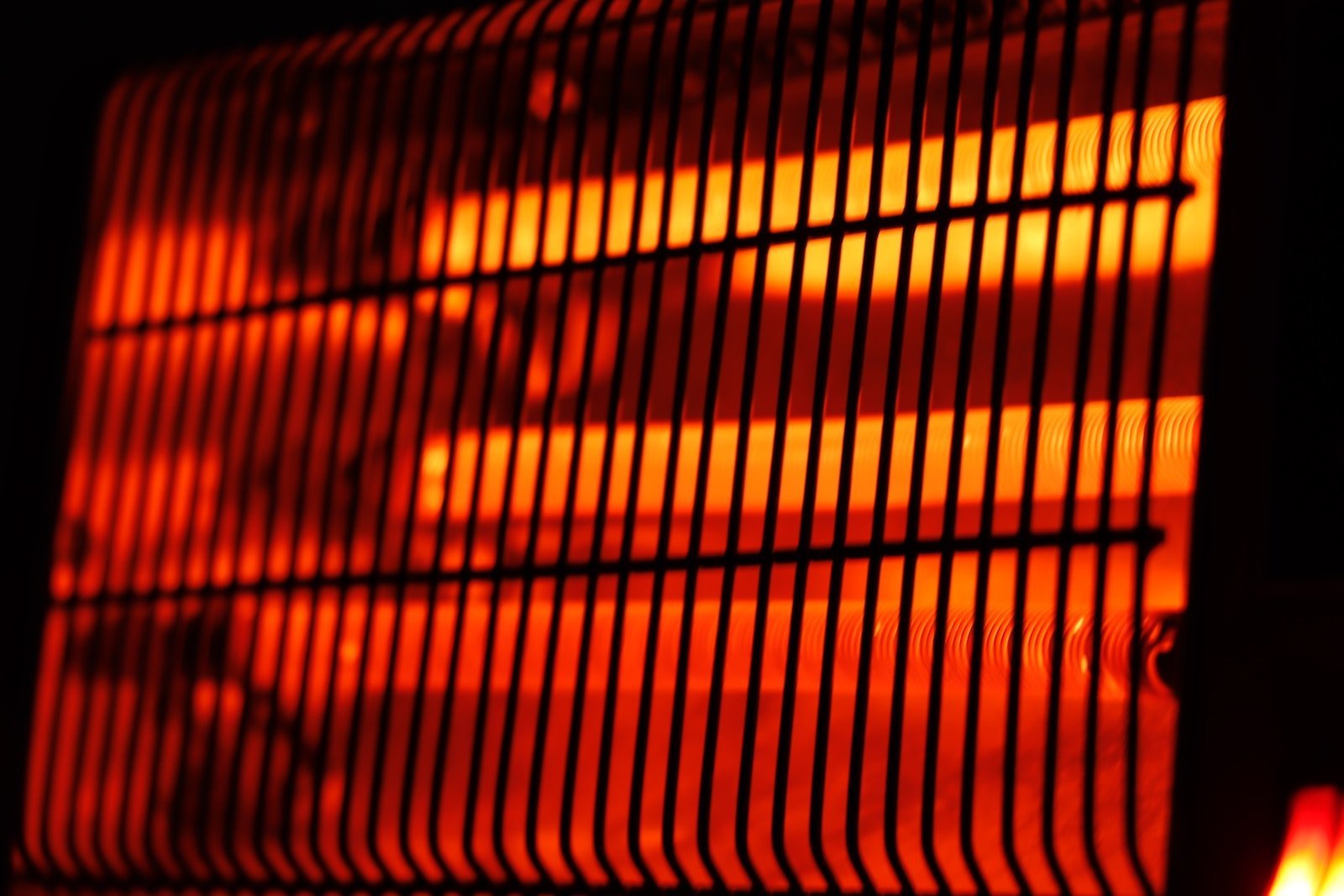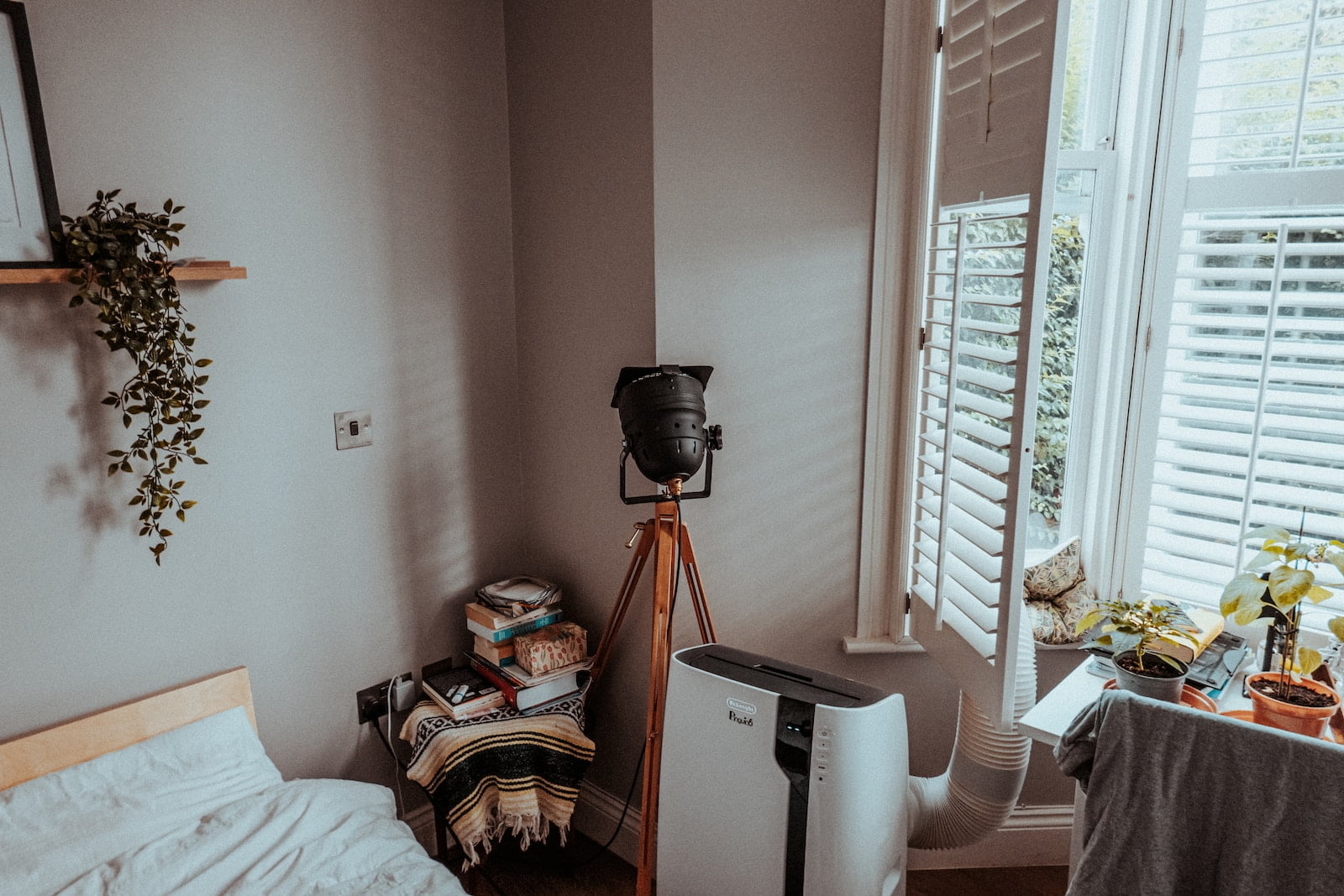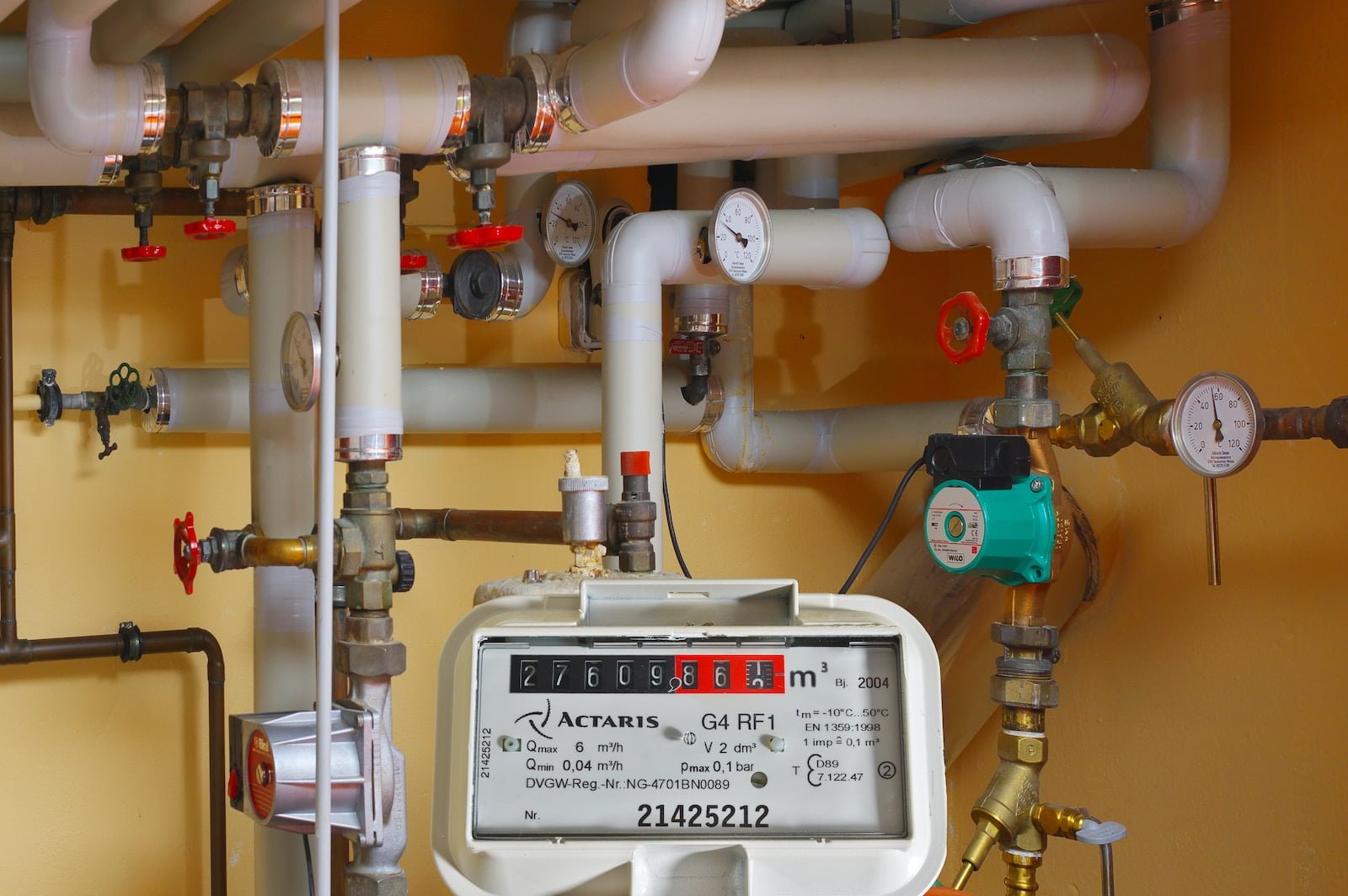How to Keep Your Home Warm in Winter: A Complete Heating System Guide
As winter approaches, many homeowners start thinking about how to keep their homes warm and comfortable. A reliable heating system is essential to ensure that your home stays cozy during the cold months. However, with so many types of heating systems available, it can be overwhelming to choose the right one for your home. That’s why it’s important to understand the basics of heating systems, including their advantages, disadvantages, and how they work. In this article, we’ll take a closer look at the different types of heating systems and provide you with the information you need to make an informed decision.
First, we’ll explore the most common types of heating systems, including furnaces, boilers, and heat pumps. We’ll discuss their pros and cons, and explain how they work to generate heat for your home. Then, we’ll delve into the factors that you need to consider when choosing a heating system, such as the size of your home, your budget, and your energy efficiency goals. By the end of this article, you’ll have a better understanding of heating systems and be better equipped to choose the right one for your home.
Choosing the Right Heating System for Your Home:
After determining the type of heating system that best suits your home’s needs and budget, the next step is to consider its size, efficiency, and cost. The size of the heating system is crucial as it should be able to provide enough heat for your home without consuming too much energy. On the other hand, the efficiency of the heating system should be taken into account as it will determine how much energy it will consume and how much it will cost you in the long run. A heating system with a high-efficiency rating will save you money on your energy bills. Lastly, the cost of the heating system should be considered as it will affect your budget. You should choose a heating system that is within your budget and will provide the best value for your money.
When choosing a heating system, it is important to do your research and compare different options. You can consult with a heating professional to help you determine the best heating system for your home. They can assess your home’s heating needs and recommend the most appropriate heating system for you. You can also check online reviews and ratings to see what other homeowners have to say about the heating systems you are considering. By doing your research and considering the size, efficiency, and cost of the heating system, you can choose the right one that will keep your home warm and comfortable while saving you money on your energy bills.
Maintaining Your Heating System
Regular maintenance of your heating system is crucial to ensure that it runs smoothly and efficiently throughout the winter season. One of the most important things you can do is to inspect your heating system regularly. Check for any signs of wear and tear, such as cracks or leaks, and replace any damaged parts immediately. You should also clean your heating system regularly to prevent the buildup of dirt and debris, which can affect its performance. This includes cleaning or replacing air filters, which can become clogged with dust and other particles over time.
In addition to regular cleaning and inspection, it is also important to have your heating system serviced by a professional at least once a year. A professional technician can identify any potential issues with your heating system and make necessary repairs or adjustments to ensure that it is running at peak efficiency. This can help to prevent breakdowns and extend the lifespan of your heating system, saving you money in the long run.
Overall, maintaining your heating system is essential to ensure that it keeps you warm and comfortable throughout the winter season. By taking the time to inspect, clean, and service your heating system regularly, you can enjoy reliable and efficient heating all winter long.
Sealing Air Leaks
One of the most important things you can do to increase the efficiency of your heating system is to seal any air leaks in your home. Air leaks can be found around windows, doors, electrical outlets, and other areas where there are gaps or cracks. These leaks allow cold air to enter your home and warm air to escape, which means your heating system has to work harder to maintain a comfortable temperature. Sealing these leaks with caulking, weather stripping, or foam insulation can make a big difference in your energy bills and the overall comfort of your home.
Proper Ventilation is Key
When using your heating system, it is important to ensure that the area is properly ventilated. This means that air can flow in and out of the room, allowing for fresh air to circulate. If the room is poorly ventilated, it can lead to a buildup of harmful gases such as carbon monoxide, which can be deadly. To ensure proper ventilation, make sure that your heating system is installed in a well-ventilated area and that any vents or ducts are clear of debris. Additionally, it is important to keep windows and doors open when using your heating system to allow fresh air to circulate. By following these simple steps, you can ensure that your heating system is safe to use and that you and your family are protected from harmful gases.
